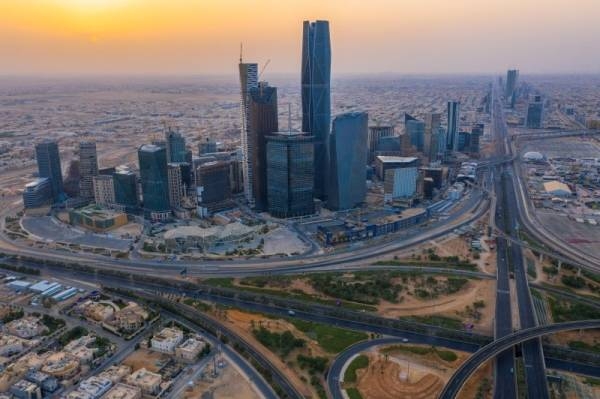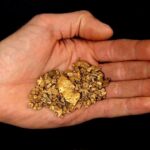The Saudi industrial sector has seen a significant boost in investments, with a 54 percent increase in 2020 compared to 2019, reaching a total of SR 1.5 trillion. This growth can be attributed to the government’s decision to waive fees for expatriate workers in the industrial sector, which has had a positive impact on the sector and the national economy. This initiative, which has been extended until the end of 2025, has led to an increase in the number of industrial establishments, foreign investments, and employment opportunities for Saudis.
The report released by the Federation of Saudi Chambers highlights key indicators of the industrial sector’s growth from 2019 to 2024, including GDP contribution, number of establishments, investment volume, employment, non-oil exports, product quality, and foreign investment. The sector’s GDP contribution increased to 14.7 percent in 2023, with the number of industrial establishments rising by 55.6 percent. Foreign investments in the sector also saw significant growth, with an increase in the number of foreign factories and capital investments.
The government incentives introduced to boost localization in the private sector have played a key role in creating more job opportunities for Saudis in the industrial sector. From January 2023 to March 2024, the industrial sector became the largest creator of jobs for Saudis, providing over 82,000 job opportunities. Additionally, the sector contributed to a 12 percent increase in non-oil exports, reaching SR 208 billion in 2023. The adoption of modern technologies, localization of innovations, and increase in product quality have all led to an increase in domestic demand for local products and exports.
The quality of national products has been positively impacted by the government’s fee waivers for expatriate workers in the industrial sector. This has led to the adoption of modern technologies, localization of best innovations, and attraction of competent individuals to the sector. The increase in product quality has also led to an increase in Saudi Quality Mark certifications and boosted industrial product exports. Overall, the fee waivers have benefited more than 8,000 establishments at an estimated cost of around SR 5 billion.
The government’s support for the industrial sector, through initiatives such as fee waivers for expatriate workers, has led to a significant increase in investments, employment opportunities, and product quality. The industrial sector has become a key driver of economic growth in Saudi Arabia, contributing to the GDP and non-oil exports. The government’s focus on boosting localization in the private sector has created more job opportunities for Saudis and improved the quality of national products, leading to increased domestic demand and exports. The continued support for the industrial sector is expected to further drive economic growth and create more opportunities for both local and foreign investors.











